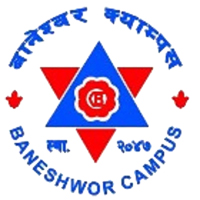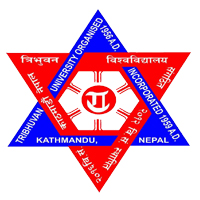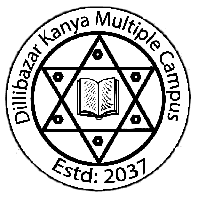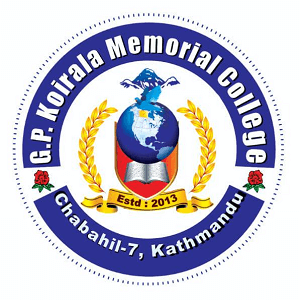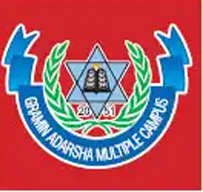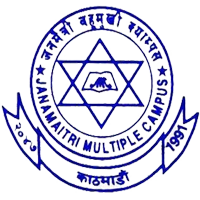Overview
Master of Education (M.Ed.) at Ganeshman Singh Multiple Campus, Kalanki, Kathmandu
Master of Education (M.Ed.) at GMS, Kalanki, runs under Tribhuvan University. The course supports teachers and education graduates who seek deeper study in curriculum, pedagogy, leadership, assessment, and research methods. You learn to plan programs, study classroom data, and present findings that support school improvement.
Highlights
-
TU-recognized 2-year, semester-based master’s course.
-
Specialization papers offered as per campus capacity.
-
Research proposal, thesis or project work as per faculty rules.
-
Seminars, presentations, and internal evaluation plus TU exams.
-
Access to library resources and guidance on academic writing.
Curriculum Details
The structure follows the Faculty of Education. Typical areas include:
-
Advanced educational psychology and learning theories
-
Curriculum studies, assessment, and measurement
-
Research methods, academic writing, and statistics for education
-
Educational leadership, policy, and planning
-
Subject-specific pedagogy and seminars
-
Thesis or project work with proposal defense and viva
Exact offerings depend on approved lists and session schedules.
Objectives
-
Build strong research habits for school and classroom studies.
-
Strengthen assessment literacy and data interpretation.
-
Prepare for leadership roles in teaching, supervision, or curriculum support.
-
Promote ethical scholarship, citation discipline, and clear reporting.
Scope
Graduates seek roles in school leadership, teacher training, curriculum units, assessment cells, and education projects. Some move to MPhil/PhD where available and meet entry rules. Skills support policy reviews, training modules, and internal quality processes.
Learning Outcomes
-
Frame research questions and choose suitable methods.
-
Analyze classroom or school data and write clear reports.
-
Plan assessments that reflect learning goals and standards.
-
Guide colleagues through workshops and coaching sessions.
-
Present findings in seminars with proper referencing.
Skill Development Modules
-
Research tool construction and pilot testing
-
SPSS or spreadsheet-based analysis for small datasets
-
Academic writing, citation styles, and plagiarism checks
-
Workshop planning and facilitation
Teaching Methodology
Faculty use seminars, workshops, paper reviews, and supervised research. Students submit proposals, sit for internal tests, and present seminar papers. University examinations assess semester learning. Thesis or project components follow faculty timelines and defense procedures.
Admission Requirements
-
Bachelor’s degree in education or a relevant field as per TU rules.
-
Minimum eligibility and documentation set by the Faculty of Education.
-
Application within deadlines; counseling for specialization choice.
-
Submission of transcripts, character certificate, photo ID, and photos.
Career Opportunities
-
School or college leadership roles subject to hiring criteria
-
Teacher training and professional development units
-
Curriculum and assessment support in institutions or projects
-
Research and evaluation roles in government or NGOs
-
Pathway to MPhil/PhD where available
Scholarships and Financial Aid
Merit and need-based concessions may be available under campus policy. Students also follow government and external fellowship calls during the cycle.
Why Choose This Course?
-
Research and assessment focus strengthens practical decision-making in schools.
-
Seminar culture improves presentation and academic writing.
-
Thesis or project work builds evidence you can share with employers.
Conclusion
M.Ed. at GMS supports steady growth from classroom practice to leadership and research. Careful reading, disciplined writing, and ethical data use guide consistent results across the four semesters.
FAQ
Q1. Which specializations are available?
Options depend on campus capacity and the current TU list. Confirm during admission counseling.
Q2. Is a thesis mandatory?
Thesis or project routes follow faculty rules for the session.
Q3. What software is used for data analysis?
Spreadsheet tools are common; some courses introduce SPSS or similar packages.
Q4. Can in-service teachers manage workload?
Plan schedules early. Semester timelines require steady submissions.
Q5. Does the degree grant a license?
Licensing follows national procedures beyond the degree. The course supports eligibility where relevant.


